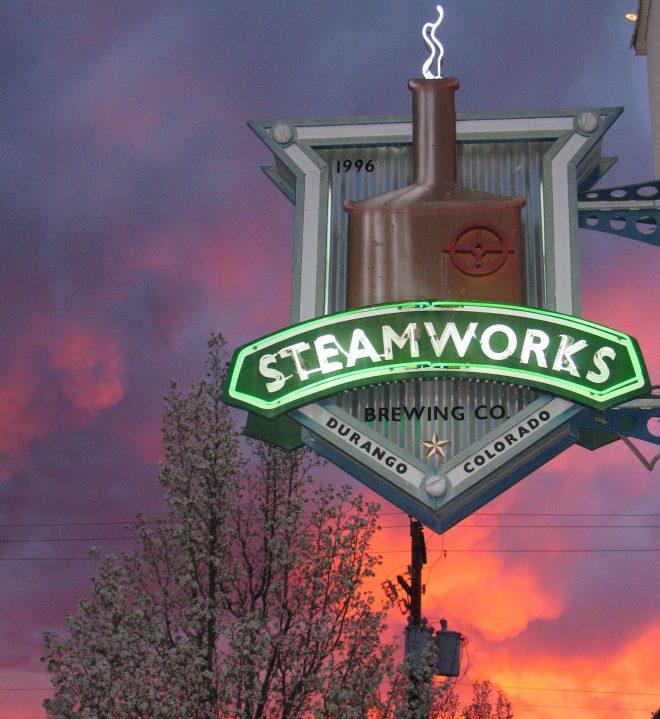Peak Food & Beverage, located in Durango, Colorado, began as a brewing company in 1996 and has since grown to hold five restaurants in southwest Colorado. After launching in the 90s, the business started growing in different ways, acquiring real estate, finding investors, and opening new restaurants, all while exploring an LLC with profits sharing structure to allow financial shares and voting rights to employees.
Founded on CEO Kris Oyler’s dream to open up a brewpub, Peak Food & Beverage is the parent company to three locations of Homeslice Pizza, Steamworks Brewing company (flagship of 26 years), and El Moro Spirits & Tavern (established 10 years ago), all located in the Durango, Colorado area.
Oyler first discovered a profits interest structure when he didn’t have the money to invest in the brewpub himself. With an LLC, one can separate profits interest from equity interest and voting rights. Oyler was able receive 3% profits interest for his sweat equity in agreement with the equity group. A profits interest structure grants employees a share in the future profits of an organization. Later, Oyler had the opportunity to buy a small equity interest in the company and over time, other employees wanted to be involved with the profits interest and ownership structures. This led to further development of the employee ownership model for Peak Food & Beverage, giving more employees a piece of the Peak (and Homeslice Pizza!) pie.

With such a unique model of employee ownership, Oyler explained that the employees are able to participate through the Peak Employee Holdings LLC for employee-owners to become members. Employees are always able to become members and must go through the membership process and waiting period to be accepted to the LLC. Managers of one year or more are able to opt in to the ownership program. With this structure, Peak Food & Beverage is now 36% employee-owned with targets to reach 50% in the coming years.
“[Employee ownership has] been outstanding for our culture. Amongst my top-tier management team, the shortest tenure is 6 or 7 years. Some members of the team have been with the company almost the entire tenure of 26 or 27 years,” shares Oyler. “We’ve really reduced turnover and it shows on the bottom line and our profitability. People just care, they’ve got skin in the game, they’re watching closely, they take it to heart, they’re not just clocking in and clocking out. It makes a big difference in their attitude and performance.”
“We’ve really reduced turnover and it shows on the bottom line and our profitability. People just care, they’ve got skin in the game, they’re watching closely, they take it to heart, they’re not just clocking in and clocking out. It makes a big difference in their attitude and performance.”
Oyler contributes his advice for businesses looking to set up a similar structure. It’s important to start with a good attorney and a good accountant to help you look through all of your options and the legal structures. It’s important to be aware of any risks when getting involved and transitioning your business structure.
Explore your employee ownership options and receive employee ownership accountant or legal referrals by contacting our Employee Ownership Office consultant.
